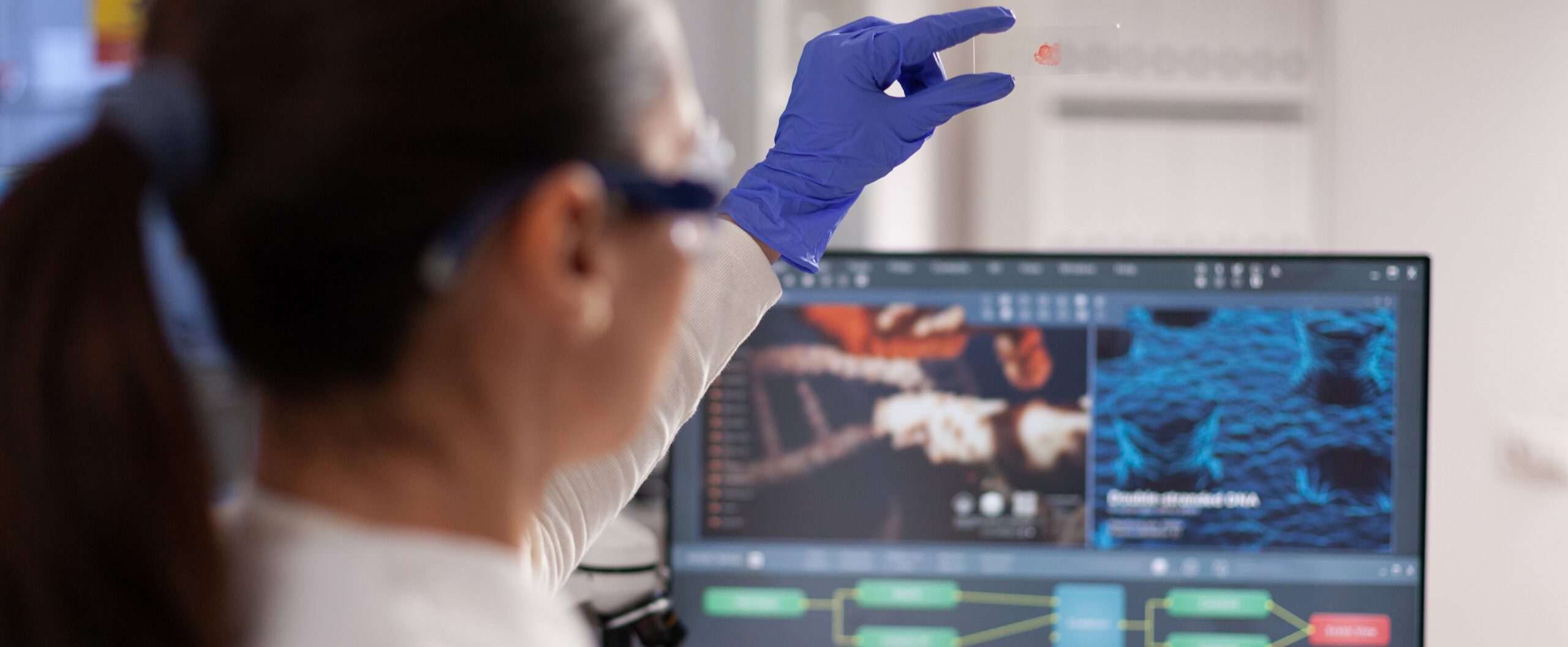
Lorena Gallardo – CTO and founder of ReciVeci
Digital innovation in the traceability of plastics
Innovation in the solid waste sector —particularly in plastics— is, today, essential to combat the main problems associated with the sector. There is research and development of alternatives, such as biodegradable, compostable, recycled, intelligent and renewable plastic. Likewise, there is innovation in advanced manufacturing technologies, such as 3D printing and nanotechnology, which directly impact the development of new materials and the way they are used (Tortajada, M. and Mollá, E, 2020).
In addition to having new technologies related to the types of plastics available, there is also a growing demand for data and information related to the waste management chain, from its generation to its final disposal and/or use.
Here we can point to the concept of 'traceability' , which refers to the ability to trace and know the movement of a product throughout its supply chain, from its origin to its final destination. It is possible to have traceability through the use of identification techniques, digital tools that allow the registration, monitoring and control of relevant information at each stage of the process (Gallagher and Mirabella, 2016).
The traceability of plastics is essential for several reasons. First, it allows for sustainable waste management, since it identifies its origin, its composition and its final destination. This is potentially useful to prevent contamination and promote recycling and/or reuse of materials.
Through traceability, it can even be determined if plastic products contain dangerous substances and withdraw them from the market. Traceability guarantees the correct application of public policies, thanks to the transparency of the data. In several countries around the world, the regulatory trend includes the responsibility of various actors in the goods production chain, beyond the point of sale, under the principle of Extended Producer Responsibility (EPR). This means that manufacturers, importers, distributors and other actors in the supply chain must assume responsibility for the proper management of the waste generated by their products at the end of their useful life.
The REP encourages producers to make better decisions in product design, especially in packaging and containers, so that they are easy to recover and recycle or dispose of safely. In addition, it guarantees that the recycling and recovery programs for waste generated by its products are managed in a responsible and sustainable manner, since producers must participate in and finance these systems.
In Ecuador, for example, the Organic Law of Inclusive Circular Economy was approved in 2020 where the REP principle is mainly applied. Therefore, the traceability of waste, especially the flow of plastic containers and packaging, is essential for producers to demonstrate compliance with the regulation and for the authorities to verify if plastic products are produced responsibly and if they are disposed of properly. which increases transparency and responsibility in the supply chain.
Digital innovation has undoubtedly revolutionized the way in which solid waste management is carried out, especially plastics. There are several tools that are used; the most prominent are sensors, which allow real-time information to be captured on the location and status of products throughout the supply chain.
Artificial intelligence, for example, is used, among other things, to recognize recyclable waste, such as plastics, and to raise community awareness about waste that is and is not recyclable, reusable, or non-usable waste. Likewise, blockchain technology offers a secure and decentralized solution to store and share information on the composition, origin and destination of plastics.
On the other hand, the Internet of Things (IoT) allows the integration and interconnection of devices and software systems, which facilitates the monitoring of the path of plastic products. It is important to mention that part of the innovation includes using tools adapted to the specific contexts, where they are applied so that they are effectively used and applied. In this sense, the Ecuadorian startup "ReciVeci" has developed tools for social and environmental innovation, which contribute to the traceability of waste.
This mobile application, leader in the region, connects citizens with grassroots recyclers and constitutes the first link in a traceability system, to know the habits of delivery of recyclable material to recyclers; it also has georeferenced information in real time.
ReciApp also connects with Recircular, the first recyclable waste traceability platform in Ecuador, which has web modules, applications for each actor in the recyclable waste chain of custody, and a system based on the use of QR codes. The growth plans for these tools include the integration of intelligent systems with sensors, artificial intelligence for material recognition and information validation; as well as the incorporation of blockchain technology to store, in a secure and decentralized way, the information.
The implementation of technological innovation for traceability, in the plastics sector, is a major challenge due to the complexity of the supply chain and the lack of standards and monitoring systems. Above all, in several countries of the global south, there is a gap in access to data and information; They do not always have access to technology and the Internet and simpler tools must be used that take into account these limitations.
There is also an informal and vulnerable sector of grassroots recyclers, who are the fundamental pillar in the management of recyclable waste and must form part of the traceability systems.
Despite this, there are advances in the implementation of traceability in the plastic industry. Various governments and organizations have established regulations and traceability standards for plastics; This is the case of the European Union's Waste Directive, which requires the traceability of plastic waste and establishes recycling targets for Member States (European Parliament and Council, 2008).
In conclusion, the traceability of plastics has become a crucial issue today, since it allows consumers, producers and governments to know the origin, composition and destination of plastic products throughout the supply chain. Technological innovation has provided effective solutions to improve the traceability of plastics, such as the use of sensors, blockchain technology and the Internet of things.
In addition, the development of tools adapted to specific contexts demonstrates the importance of collaboration and joint work between different actors to address the problem of plastic waste. It is necessary to continue promoting the implementation of technological solutions and the application of public policies that promote the prevention, reuse and recycling of plastic waste, in order to move towards a more sustainable and responsible circular economy.
Bibliography:
European Parliament and Council. (2008). Directive 2008/98/EC of the European Parliament and of the Council of 19 November 2008 on waste and repealing certain Directives. Official Journal of the European Union, L 312/3.
Gallagher, KP, & Mirabella, NR (2016). From waste management to materials management: The role of full-scale environmental management systems. Journal of Cleaner Production, 112, 1376-1385.
Tortajada, M., & Mollá, E. (2020). Eco-innovation trends in plastic packaging: A systematic review. Journal of Cleaner Production, 275, 122946. https://doi.org/10.1016/j.jclepro.2020.122946



